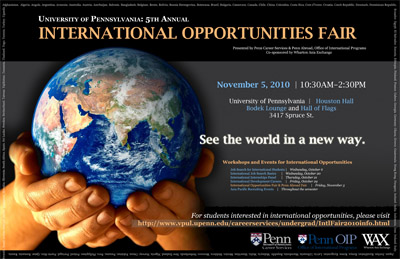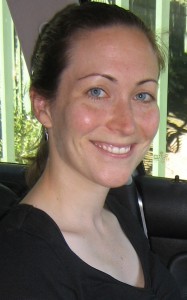by Peter Stokes
In an interesting interview on the web site Poets and Quants, an online community for those interested in graduate business education, Derrick Bolton, Director of Admissions at Stanford Graduate School of Business, refuses to answer some questions about the minutiae of admissions decisions. When pressed, he explains why he is stonewalling: “There is a lot of information that applicants want that has no value to them in the [admissions] process. I think the more they focus on how we make the sausage, the more of a disservice they do to themselves…If they are focusing…on what is happening here, what is the black box, what is the secret sauce, I think all that time comes at the expense of sitting down with the recommender and talking about what their dreams actually are. Or sitting down and thinking about what they want to do.”
The generally rather broad range of GPAs and test scores of those accepted at professional schools shows there is much more to admissions than those numbers. So what do you have to do beyond classes and a test? Well, there is no secret, simple formula for getting into professional schools. If there were, everyone would follow it. In the end, nobody would stand out in the applicant pool.
A potential pitfall lies in believing that there is a specific profile that a school looks for. Generally speaking, schools are looking to put together a class of people with a variety of different backgrounds, strengths, and interests. What they are looking for is people who actually have real interests—who have explored and figured out what they really like to do. A real understanding of what you really care about, and why you are applying in the first place, can set you apart. You should understand how the degree program you are applying to will help you progress on the course where your true interest lies.
The central question, then, should not be what schools are looking for, but what you are looking for, and if, and how, the graduate or professional school you have in mind will help you find it. An MBA, or an MD, or a JD, (or MPA, MPP, MPH, and so forth) is not a reward for having done well, it is a qualification for a profession—usually a highly demanding one. Simulating an interest in the profession, even if it worked, would not ultimately do the school, the profession, or you any big favor. So you should pursue opportunities to develop yourself, to experience something like the profession you have in mind and even some alternatives, and try to come to understand as fully as possible what is important to you.
But what should you write in your admissions essay? Director Bolton dodges this question instructively too: “I have a point of view on what they shouldn’t write. They shouldn’t write things that they think we want to hear.” The most effective essays will be those that show that you really have thought through what you want to do, and know why you are making this commitment. The essay still won’t write itself, you have to craft it, and we can help you with that. But if you’ve explored the profession you want to go into and have kept in mind the big picture—not just getting in, but what the degree leads to—then you’ll have a good head start.










